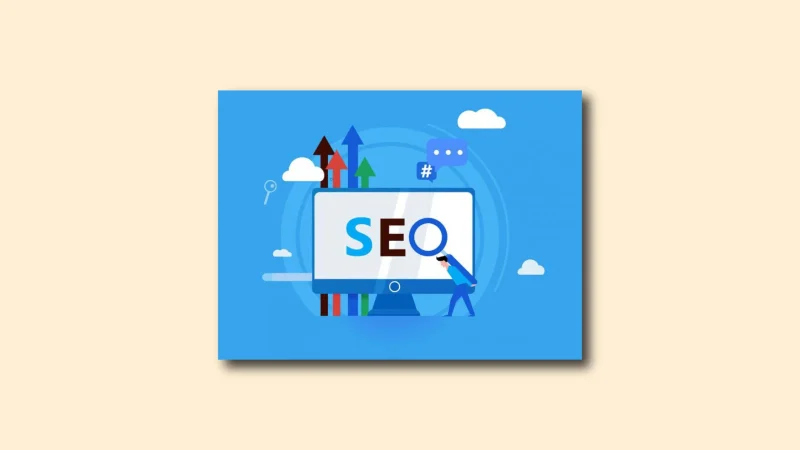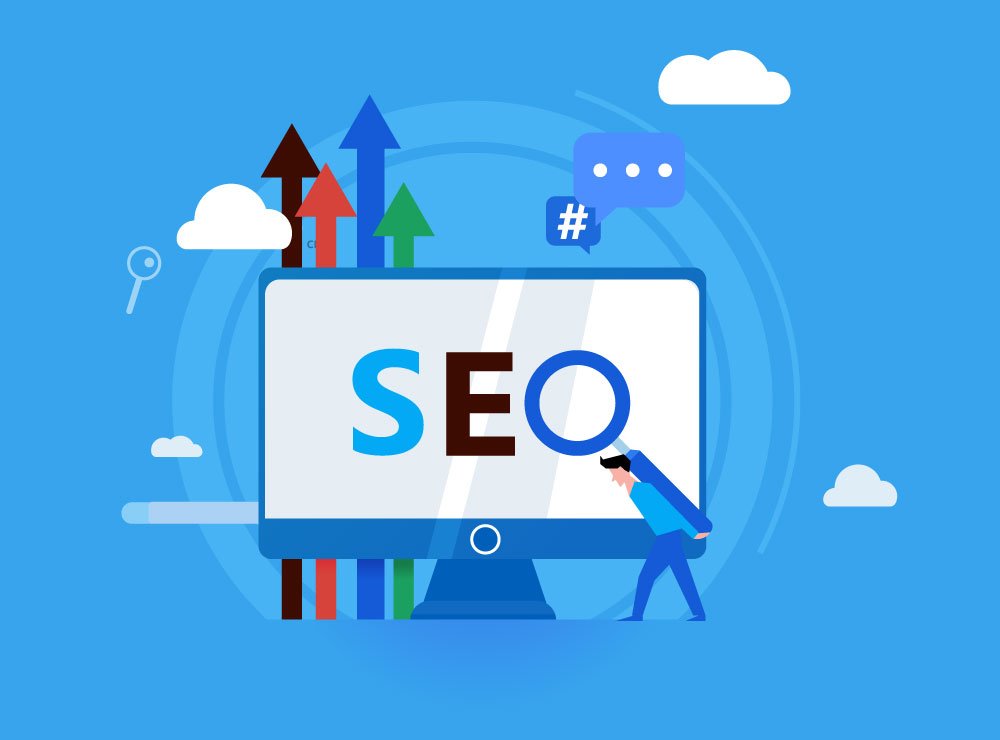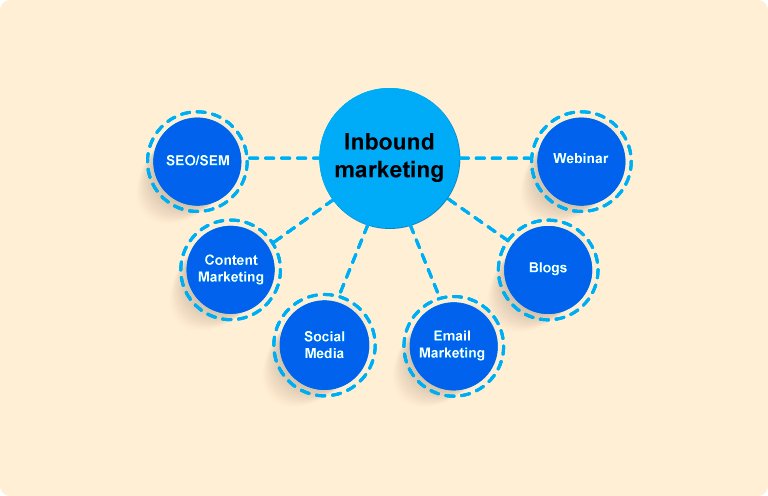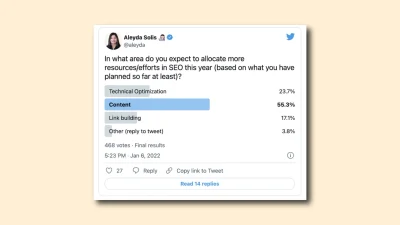Keyword marketing

Keyword marketing has several meanings. It just depends on who you ask. For advertisers, it includes buying keywords for which the website wants to be on top. For SEO specialists, keyword marketing is about finding high-volume keywords to benefit a website’s organic ranking.
SEO is not the only way to rank higher in search results. Keyword marketing is an alternative. There is a substantial difference between keyword marketing and SEO. In this article, we explain what that difference is and which option is better for your business.
What is keyword marketing?
Keyword marketing involves advertising in Google using keywords. An advertiser purchases keywords from Google. In return, Google sends traffic directly to the advertiser.
The benefits of keyword marketing:
- You generate direct traffic;
- immediate result.
When you advertise in Google, you see results quickly. Searchers who type in your keywords will see your search result first. When the searcher clicks, he or she is taken directly to your website.
The disadvantages of keyword marketing:
- your position is gone as soon as you stop paying;
- it requires continuous investment.
The downside to keyword marketing is that your results dry up immediately when you stop paying. Therefore, you are constantly investing in relevant keywords. That’s an expensive marketing joke.

How does keyword marketing work?
The first step of keyword marketing is to research which keywords are being used by your target audience. It is important to understand the search intent of the target audience. This way you will know what words your searchers are using during a search.
The second step of keyword marketing is to bid on the keywords you want to be #1 for. The more relevant the keywords to your target audience, the more profitable the result of search engine advertising.
When visitors click on your ad, you pay the amount you bid on this keyword. This is also known as Pay Per Click (PPC). Google determines this amount based on the level of competition on the keyword. Keywords with less competition are cheaper than keywords with a lot of competition. It is therefore important to conduct a thorough keyword analysis.
Ideally, revenue from visitors will cover the cost of the ad in Google. The conversions make the cost worthwhile.
The difference with SEO
Keyword marketing is a method often seen in an SEA journey. The big difference with SEO, then, is that you do pay for keyword marketing. Every visitor to your website incurs a cost.
SEO, on the other hand, is free. You don’t pay for organic visitors. Once you have achieved a good position in the search results, stay in that position. SEO is for the long term. You don’t just drop when you stop optimizing your website.
Our advice
Keyword marketing is beneficial when you integrate it into a sound SEO strategy. By coordinating SEA and SEO with each other, you increase the final result.
We recommend focusing primarily on search engine optimization methods. SEA and SEO reinforce each other, but SEO is still the most sustainable strategy. When you have a limited budget, SEO is more attractive. Search engine optimization does not require continuous investment. SEO is a long-term strategy and definitely recommended for businesses looking to increase their online findability.






